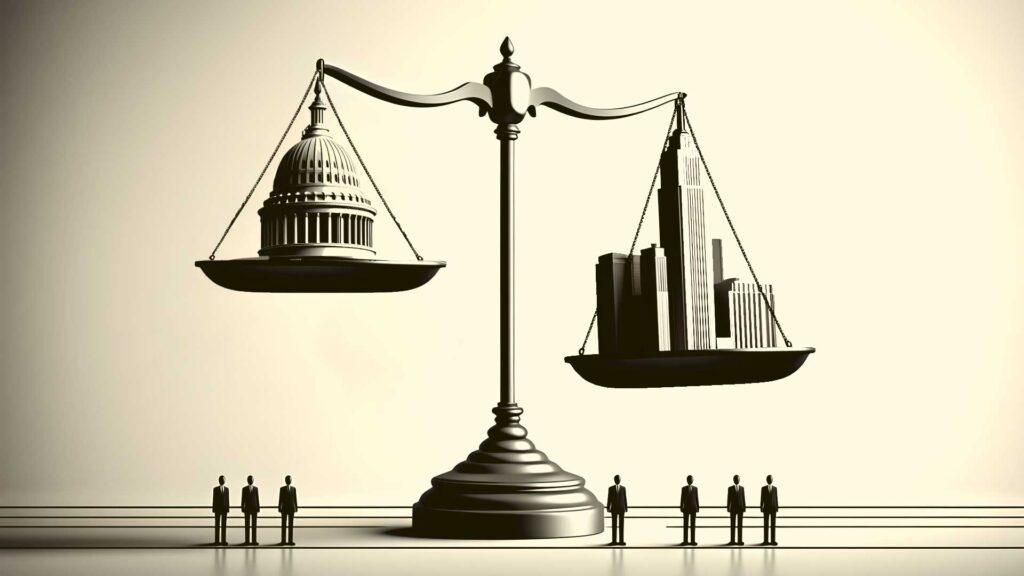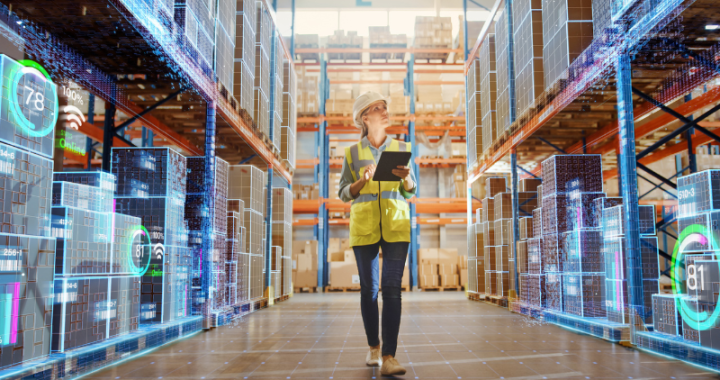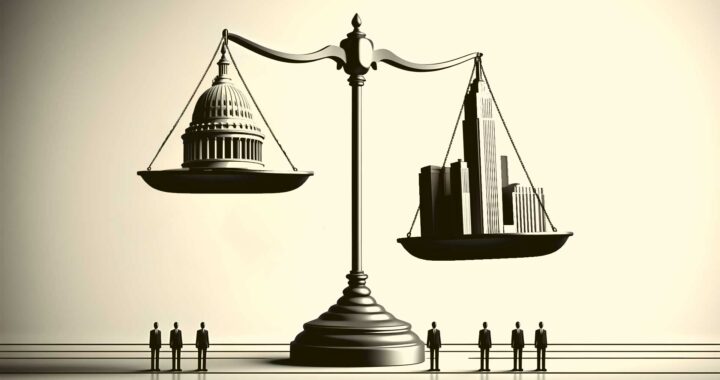The Invisible Empire: How Professional Office Cleaning Services Reveal the Hidden Architecture of Late Capitalism

The Unseen Foundations of Modern Work
Professional office cleaning services constitute one of the most essential yet systematically invisibilised components of contemporary capitalism, an industry built upon labour that by design must never be witnessed by those who benefit from it. When Singapore’s gleaming financial towers stand immaculate each morning, ready to receive their daily influx of executives and analysts, they embody a central contradiction: spaces of capital accumulation can function only through the hands of workers deliberately scheduled to remain unseen, arriving in darkness and departing before dawn. This choreographed invisibility reveals much about the hierarchies embedded within our economic order.
The Colonial Echoes in Contemporary Cleaning
The historical lineage of today’s cleaning arrangements cannot be separated from Singapore’s colonial past, where spatial divisions of labour were explicitly racialised and class-bound. The British administrative buildings of early Singapore required fastidious maintenance—yet this maintenance emerged from carefully constructed systems ensuring those who cleaned never shared space with those who administered.
“Singapore’s professional office cleaning services evolved from colonial-era arrangements where cleanliness served as a visible marker of civilisational hierarchy,” notes Dr. Lian Ting Wei of the Singapore Labour History Project. “Today’s night-shift arrangements preserve this separation in temporal rather than merely spatial terms.”
This temporal segregation—with cleaning crews working inverse hours to office staff—perpetuates historical divisions while adapting them to contemporary sensibilities. The colonial structure remains, merely renovated for modern consumption.
The Pandemic Revelation
COVID-19 momentarily ruptured the carefully maintained barrier between the cleaners and the cleaned-for. Suddenly, the essential nature of this previously backgrounded work burst into visibility.
- Cleaning staff were reclassified as “essential workers” after generations of treatment as disposable labour
- Sanitisation protocols moved from night-shift anonymity to daytime performance
- Wages temporarily increased, acknowledging risk while revealing the previous undervaluation
- Training certifications became requirements, briefly professionalising previously deskilled work
Yet as the pandemic receded, the machinery of invisibility reasserted itself with remarkable efficiency. The brief moment when office workers might acknowledge their dependence on cleaning staff passed quickly, like a fever dream from which capitalism rapidly recovered.
The Technological Paradox
Singapore’s cleaning sector now rushes headlong into technological transformation, with autonomous robots and IoT-enabled systems increasingly supplementing—and sometimes replacing—human labour. This transformation reveals a central paradox: work considered too menial to deserve living wages somehow justifies capital investments often exceeding a cleaner’s lifetime earnings.
“Professional office cleaning services in Singapore have become testing grounds for automation,” explains Dr. Raymond Teo of the National University’s Labour Futures Institute. “Companies willingly invest S$25,000 in a cleaning robot while hesitating to raise a cleaner’s monthly wage from S$1,400 to S$1,600.”
This contradiction exposes how devaluation of certain forms of labour reflects not economic rationality but deeply embedded social hierarchies—hierarchies that technological “disruption” often reinforces rather than dismantles.
The Migrant Division of Labour
The stratification within Singapore’s cleaning workforce mirrors broader patterns of labour migration throughout Southeast Asia. While supervisory positions typically go to Singaporean citizens, much of the direct cleaning labour draws from regional migration networks:
- Workers from the Philippines often specialise in higher-end office environments
- Malaysian workers frequently cross the causeway for cleaning shifts
- Workers from China, Bangladesh and Myanmar fill many essential cleaning roles
- Indonesian domestic workers sometimes supplement incomes with office cleaning
This tiered arrangement creates multiple overlapping hierarchies of precarity, with each group experiencing distinctive vulnerabilities while performing ostensibly similar work.
The Chemical Bodies of Cleaners
The bodily toll of professional cleaning remains systematically underdocumented. Cleaners absorb through their skin and lungs the chemical compounds that create the appearance and scent of “cleanliness” demanded by corporate clients.
- Respiratory conditions appear at rates 42% higher than the general population
- Dermatological damage becomes nearly universal after five years of service
- Repetitive strain injuries affect approximately 67% of career cleaners
- Chemical sensitivity syndromes develop as occupational hazards
These corporeal costs constitute an unrecognised subsidy to property values and corporate prestige, with cleaners’ bodies absorbing toxicity to maintain the fiction of pristine workspaces.
The Sustainability Contradiction
The growing emphasis on “green cleaning” in Singapore’s premium office sector reveals yet another contradiction. While marketed as environmental consciousness, these programmes often layer additional labour expectations onto cleaning staff without corresponding compensation increases.
“Professional office cleaning services now market sustainability as premium offerings,” notes environmental justice advocate Siti Aminah Binte Mohammed. “Yet the ecological impact of daily office operations vastly exceeds whatever marginal improvements come from altered cleaning protocols.”
This greenwashing functions to alleviate executive consciences while leaving intact the fundamental extraction from both cleaning workers and natural systems.
Beyond Invisibility: Towards Recognition
Any meaningful transformation of cleaning labour requires first acknowledging the essential visibility of those who clean. Progressive building managers in Singapore have begun experimenting with daytime cleaning schedules, integrating cleaning staff into the ordinary rhythms of office life rather than relegating them to spectral night-time existence.
This visibility creates discomfort precisely because it disrupts long-established hierarchies, forcing recognition of interdependence across class boundaries. The executive who must acknowledge their cleaner as a fellow human occupying shared space experiences a small but significant challenge to the structured invisibility upon which their privilege partially rests.
Conclusion: The Revealing Work of Cleaning
The architectures of contemporary capitalism—both literal and figurative—stand upon foundations of labour deliberately obscured from view. When we examine the hands that maintain our workspaces, we glimpse the broader systems of valuation and devaluation that structure our economic order. What appears as merely pragmatic arrangement reveals itself as ideology made material, with profound consequences for those whose essential work we prefer not to witness. Any honest accounting of our collective future must reckon with these deliberate blindspots and the hierarchies they sustain, beginning with a clear-eyed examination of professional office cleaning services.


 POS Systems: Are We Really Enhancing Customer Service, or Just Collecting Their Data for Profit?
POS Systems: Are We Really Enhancing Customer Service, or Just Collecting Their Data for Profit?  What are the risks of using unsecured online loans during emergencies?
What are the risks of using unsecured online loans during emergencies?  Secure 2-day medical certificates with digital verification
Secure 2-day medical certificates with digital verification  Smarter Distribution Planning Powered by Modern Warehousing
Smarter Distribution Planning Powered by Modern Warehousing  Are Bitcoin-focused merchant service referrals worth pursuing?
Are Bitcoin-focused merchant service referrals worth pursuing?  Why travellers prefer gift cards over currency exchanges?
Why travellers prefer gift cards over currency exchanges?  The Invisible Empire: How Professional Office Cleaning Services Reveal the Hidden Architecture of Late Capitalism
The Invisible Empire: How Professional Office Cleaning Services Reveal the Hidden Architecture of Late Capitalism  Stocks in India’s telecom sector soar in 2025: Driving Bharti Airtel Share Price
Stocks in India’s telecom sector soar in 2025: Driving Bharti Airtel Share Price